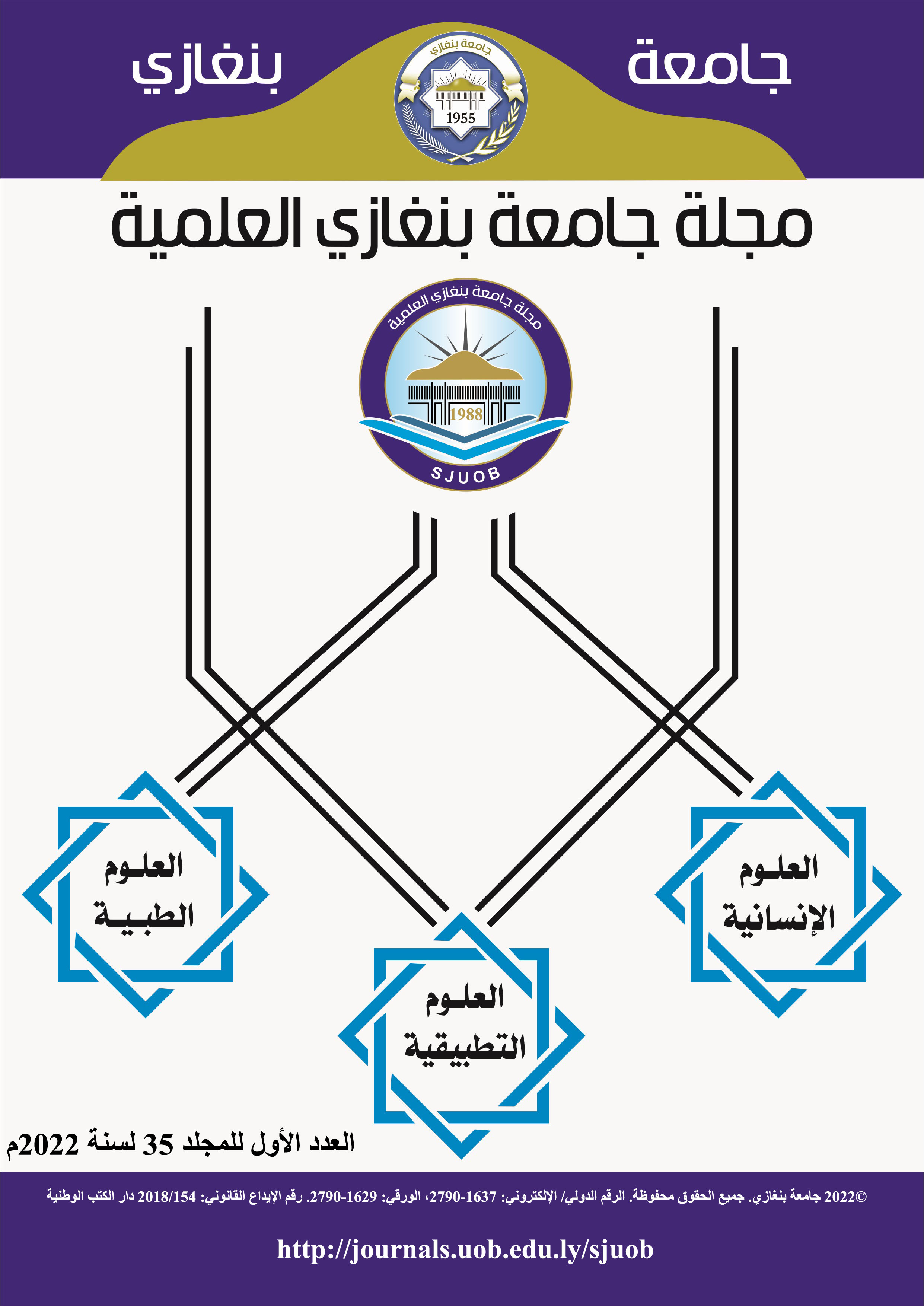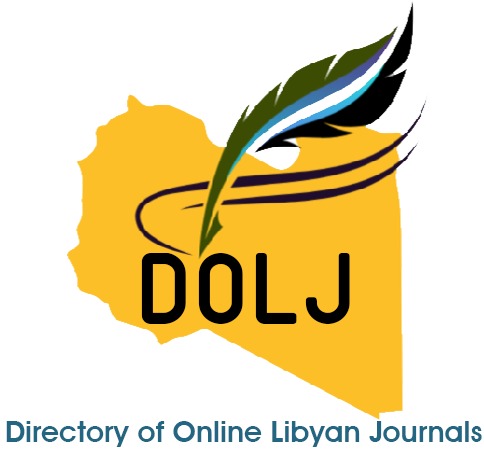ضوابط المؤسسة العسكرية بين الدسترة والدولة وفرص التحول الديمقراطي (الواقع والتحديات)
DOI:
https://doi.org/10.37376/sjuob.v35i1.3243Keywords:
the military institution, transition to democracy, civil-military relations, militarisation.Abstract
With the outbreak of the Arab Spring revolutions and the Arab peoples' aspiration for democratic regimes based on the rule of law, institutions and citizenship, respecting human freedoms and dignity, and setting real development policies that benefit the poor before the affluent, a new problem emerged. Namely, how to address the position of the military in the desired democratic system, as the role of the military (and with it other security and intelligence institutions) continued to grow, without exposing the country to the danger of division at home or targeting from abroad.
The topic of this research paper focused primarily on shedding light on how to deal with civil-military relations in countries that are witnessing a radical change in their political systems towards democracy, and trying, in a comparative view from another angle, to provide several lessons learnt from the cases of democratic transformation that took place in the last four decades, with an explanation of the limits and capabilities of the military institution in the country's constitution, the extent of its interference in political life, the prevailing pattern of relations between the military and civilian elite, and the definition of the framework and limits of the role of the military institution in the constitution.
Downloads
Downloads
Published
How to Cite
Issue
Section
License
Copyright (c) 2022 The Scientific Journal of University of Benghazi

This work is licensed under a Creative Commons Attribution-NonCommercial-NoDerivatives 4.0 International License.



















